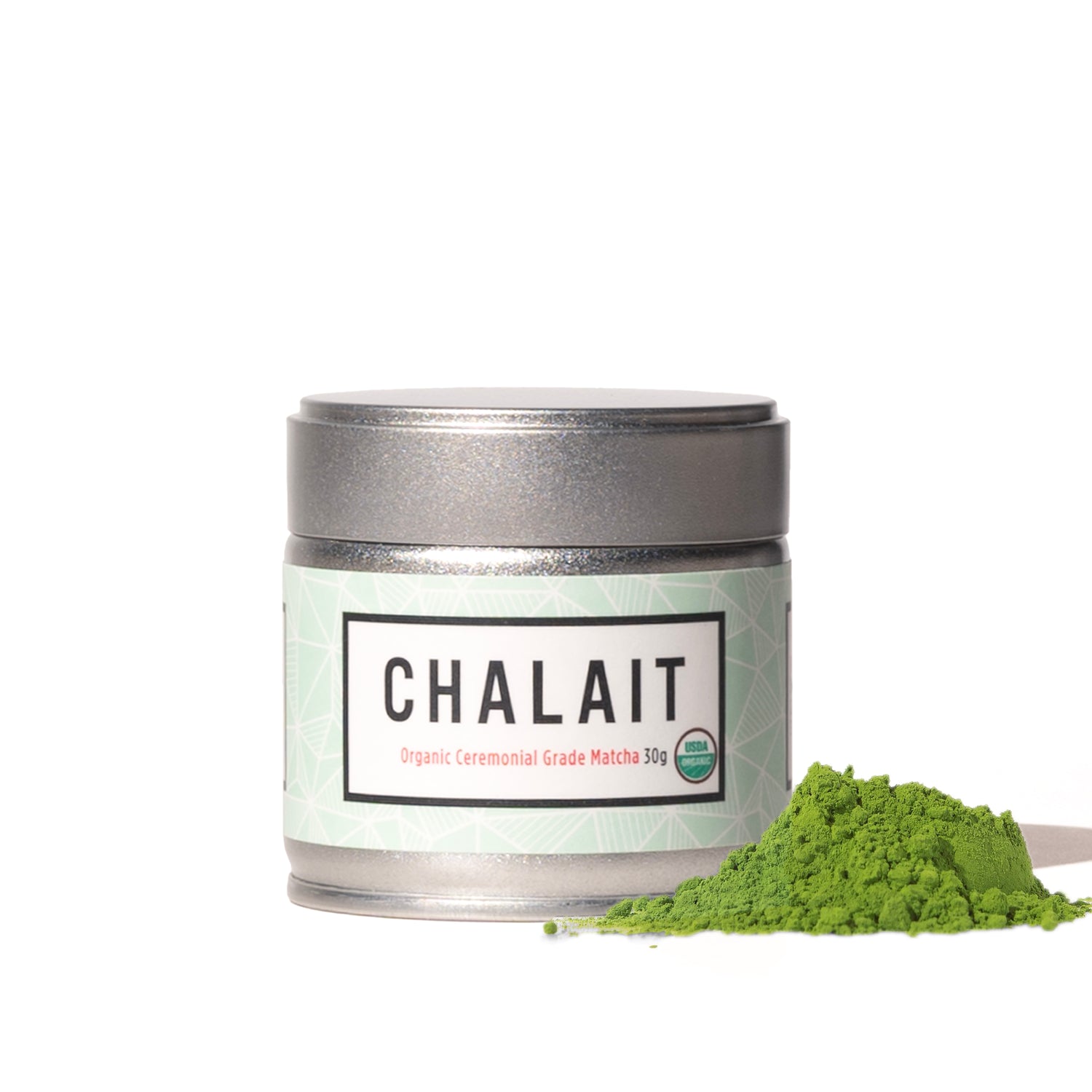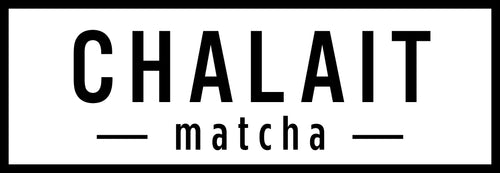Causes of hay fever
For some, the causes are not clear while others may have had allergy testing to diagnose definite triggers of hay fever. Some weather events such as dust storms can be very uncomfortable for hay fever sufferers, however, the everyday causes may not be that obvious. These triggers stimulate your immune system to attack, releasing histamine, it is histamine which causes the symptoms of hay fever
Hay fever may also be seasonal, presenting at different times of the year when allergens are in greater concentrations. Below is a list of common hay fever causes:
- Dust - caused by dust mites
- Air pollution
- Pollen
- Grass pollen
- Mold spores
- Pet hair
- Fumes
- Perfumes
Symptoms of hay fever
- Water eyes, scratchy eyes
- Cough
- Runny nose
- Congested nose
- Sinus pressure
- Sneezing
- Postnasal drip
If you suffer from asthma, you may find that you also feel pressure on your chest and difficulty breathing.
Is Matcha good for hay fever?
Recent research shows that active compounds that are found in Matcha may assist in the prevention of hay fever, or at least in the reduction in symptoms. The secret component that is abundant in Matcha - more than any other ingredient is EGCG. This unique plant compound is a type of catechin that has been proven to reduce inflammation and aid in both gastric health and brain health.
Recent studies show that EGCG in Matcha and green tea may help to prevent your body from launching an all-out histamine reaction. Studies suggest that drinking Matcha may help reduce the allergic response by impeding key cell receptors which trigger the allergic response.
Other measures you can take to reduce Hayfever
- Keep your windows and doors shut where necessary to reduce dust and pollution in your home
- Dust your home and vacuum floors and mattress regularly to reduce the dust mite population
- Avoid cutting grass
- If you are sensitive to pollen, you should dry your clothes indoors during high pollen times.
- Avoid smoking, or being in close proximity to people smoking
- Use eye drops to clean out any pollen or allergens
- Wear sunglasses
Read more: Does drinking matcha help with colds?


